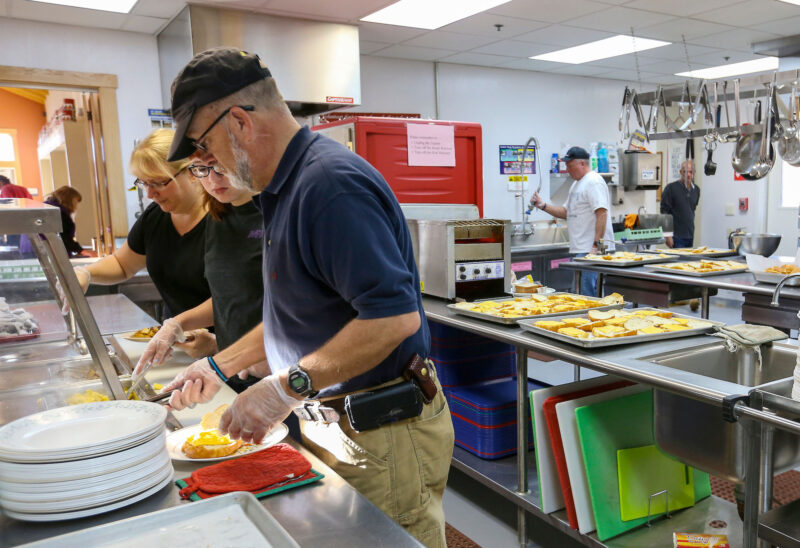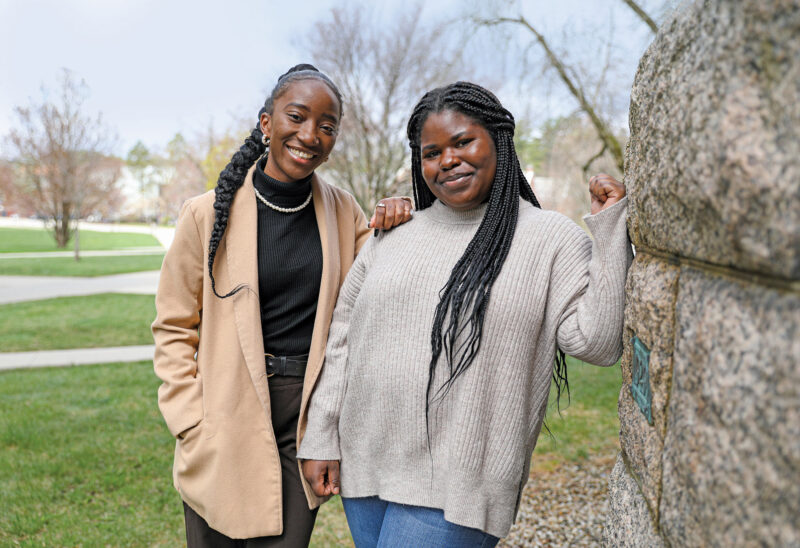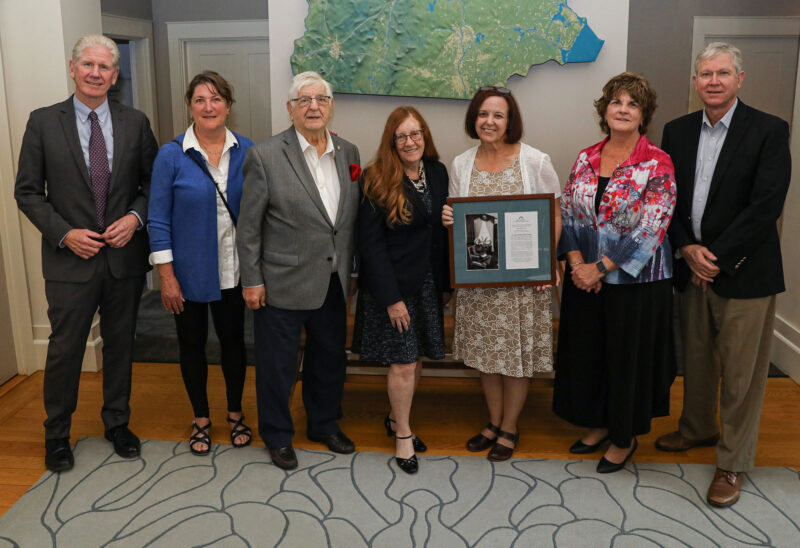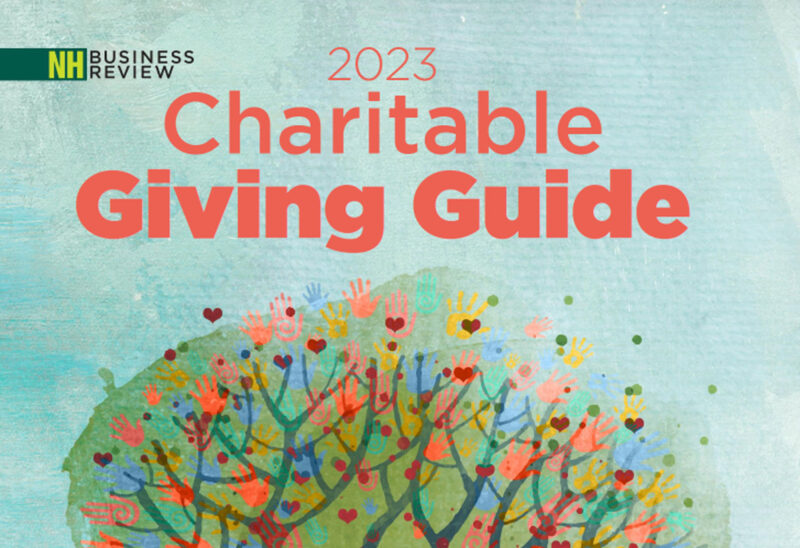Amelia is a young, freckle-faced mom with pale blue eyes who knows something about survival. She spent last winter pregnant and sick and living in a tent. As her pregnancy progressed, she did something that required rock-ribbed courage: She asked for help getting addiction treatment. Now she and her baby girl live at Hope on Haven Hill, a residential recovery facility for pregnant and newly parenting women in Rochester.
For the eight women who live here, days are strictly regimented, from wake-up at 6 a.m. to lights-out at 10. Each has an individual treatment plan with case management and recovery support, parenting classes, group and individual counseling, financial counseling, household chores, cooking classes and more.
In every room of this renovated 1856 farmhouse hang wooden signs, stenciled with the word “HOPE.”
Hope on Haven Hill is one of several organizations to receive grants from a $3 million gift to the Foundation from an anonymous donor. The donor, who wanted to make a transformative difference to combat substance use disorders, asked the Foundation for an effective strategy. Foundation staff presented the acute need faced by pregnant and newly parenting women and their babies. The donor made the gift to support a multiyear strategy, and a wide array of efforts across the state is being supported through the gift.
Perinatal drug and alcohol use is an increasingly serious public health concern in New Hampshire and nationwide. Perinatal substance use disorders affect an estimated 10 to 20 percent of pregnancies in the United States, and a growing number of infants are born with Neonatal Abstinence Syndrome. Many pregnant women with substance use disorders may be using more than one substance, and many are struggling with co-occurring mental health issues, trauma, homelessness, poverty, domestic violence and more — further complicating care and treatment before and after their babies are born. Need for services far outpaces availability.
“For the first time in my life, I am proud of where I’m at.”— Michelle, mom to Ellie and former resident of Hope on Haven HillTweet This
“While the challenges are complex, the good news is that there are steps we can take to help these women and their children get well and be able to thrive,” said Tym Rourke, Foundation director of substance use disorders grantmaking. “There is a lot of good work being done, and this generous donation will build on that work and make a real difference for many New Hampshire moms and their kids.”
Approximately $1 million per year in grants will be made to organizations across the state in 2017, 2018 and 2019 in the areas of prevention, treatment and recovery.
Funding is helping to create a system for sharing expertise and best practices and to improve the resources available to care providers. Funding is helping to implement proven substance use screening protocols more widely in maternity care; supporting programs for women in rural areas and cities; supporting a statewide prevention campaign; supporting research into prevalence of Neonatal Abstinence Syndrome and Fetal Alcohol Spectrum Disorders in New Hampshire, and research about health care provider knowledge and practices, access to referral and treatment resources, and availability of recovery support services. And more.
“We are so grateful that this donor saw this need and shared these resources to address it,” Rourke said. “We are working to address the acute need that women and babies are facing right now, while creating and improving systems of care and prevention for the future.”
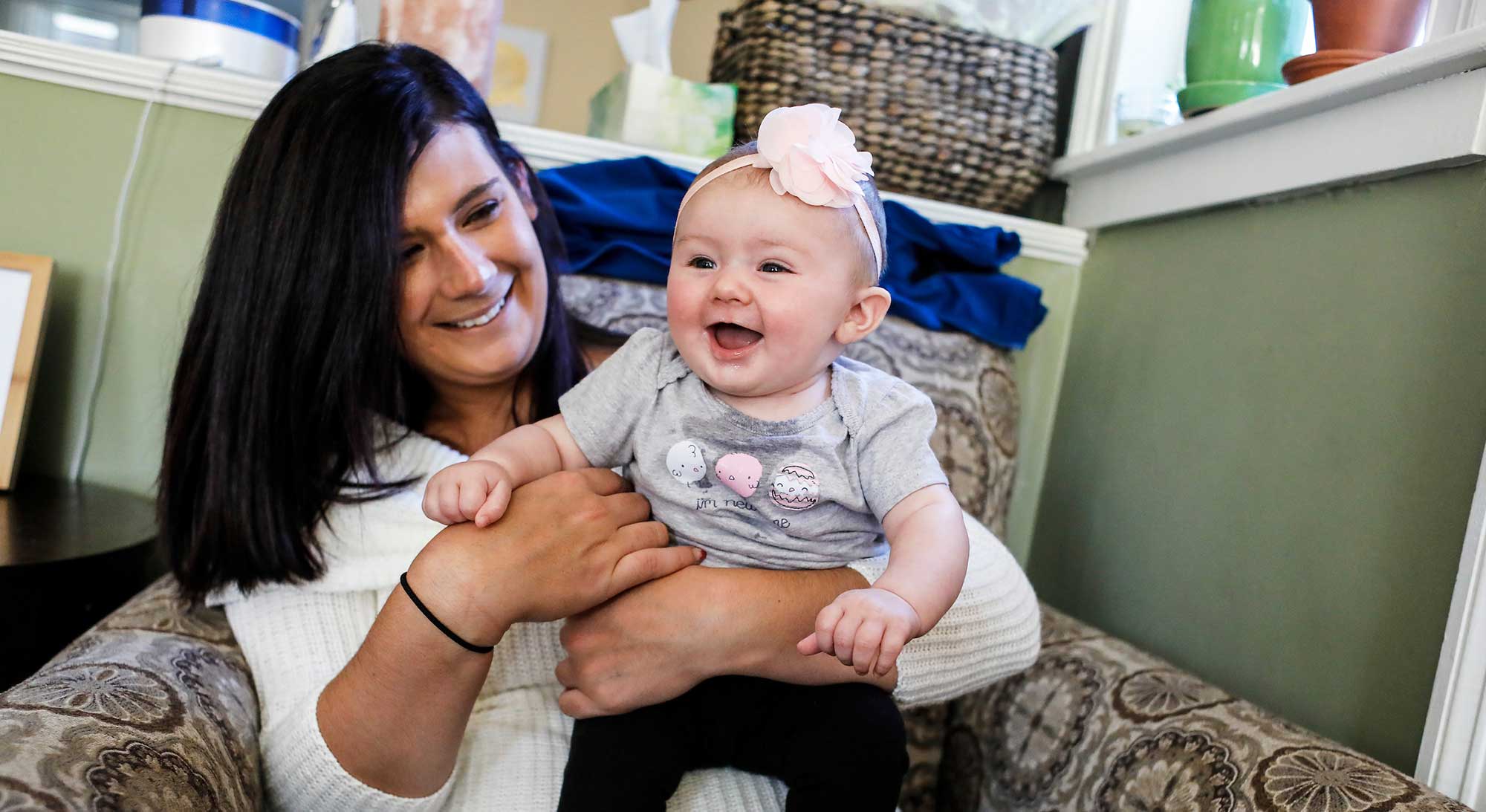
Hope on Haven Hill is an intensive, evidence-based clinical substance use treatment facility that helps women achieve long-term recovery. Staff become the role models many women have never had — attending prenatal appointments and babies’ births, teaching everything from nutrition to how to bathe a baby, encouraging quitting smoking, praising success, helping tease lessons from failure.
“Pregnant women deserve to have compassionate care and to be treated with dignity,” said Kerry Norton, a nurse and co-founder of Hope on Haven Hill. “They all want to be good mothers.” With the right treatment and support, she said, both of those things are possible. She sees it every day.
Across the table from Norton sits Michelle, cradling her daughter. Michelle is working, caring for infant Ellie and on a path toward self-sufficiency. “For the first time in my life,” she said, “I am proud of where I’m at. It’s great to wake up in the morning and be an active member of society.”
She looks at her sleeping infant. “I love this little girl more than anything in the world,” she said. “I want her to always know her self-worth and see her mother being successful.”

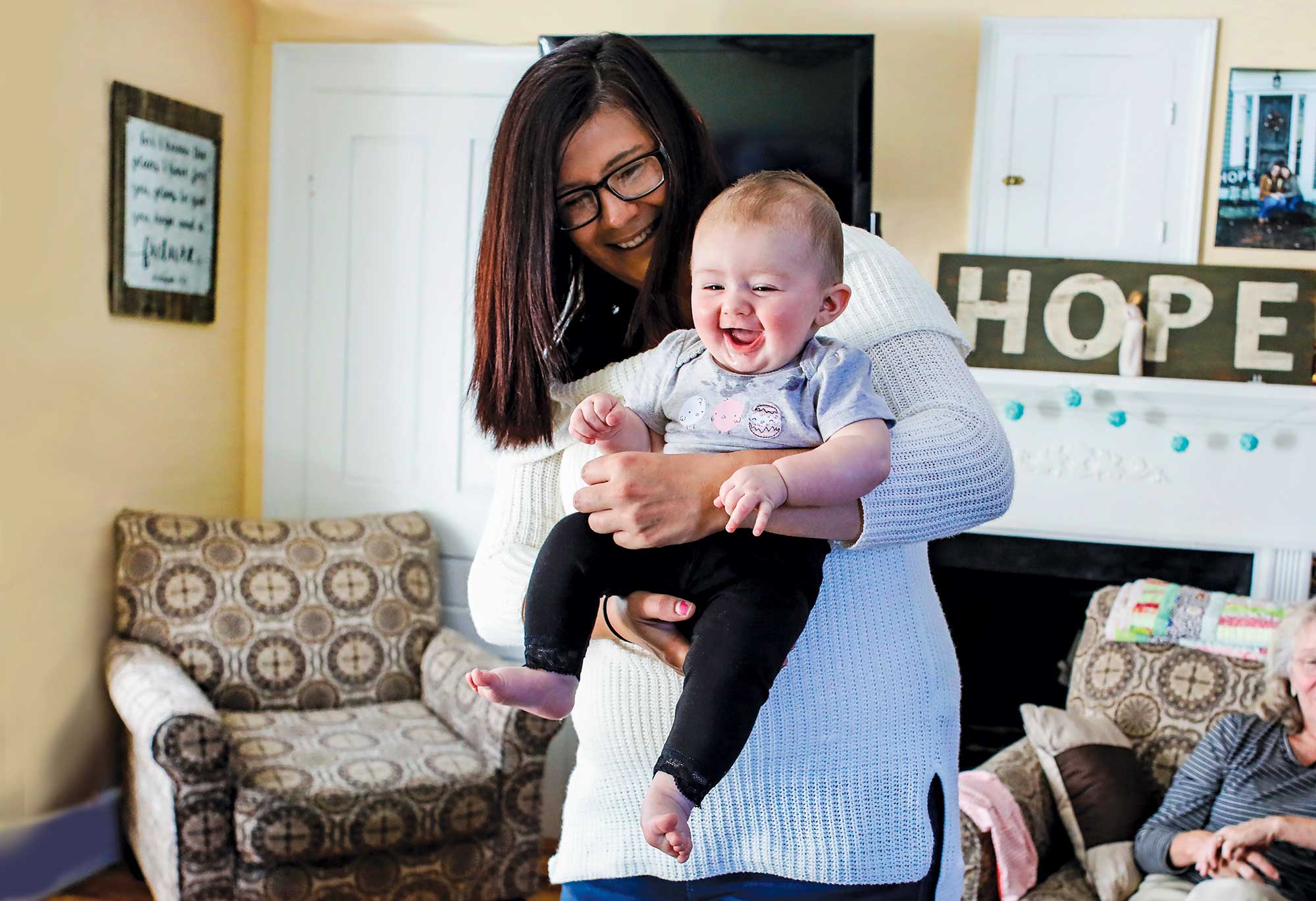






![Oluwakemi Olokunboyo of Dover received a McNabb scholarship to study nursing at Great Bay Community College [Photo by Cheryl Senter]](https://www.nhcf.org/wp-content/uploads/2024/05/Scholarship-Hero-800x548.jpg)
![Indrika Arnold, Senior Wealth Advisor, the Colony Group [Photo by Cheryl Senter]](https://www.nhcf.org/wp-content/uploads/2024/05/Indrika-Arnold-Hero-800x534.jpg)


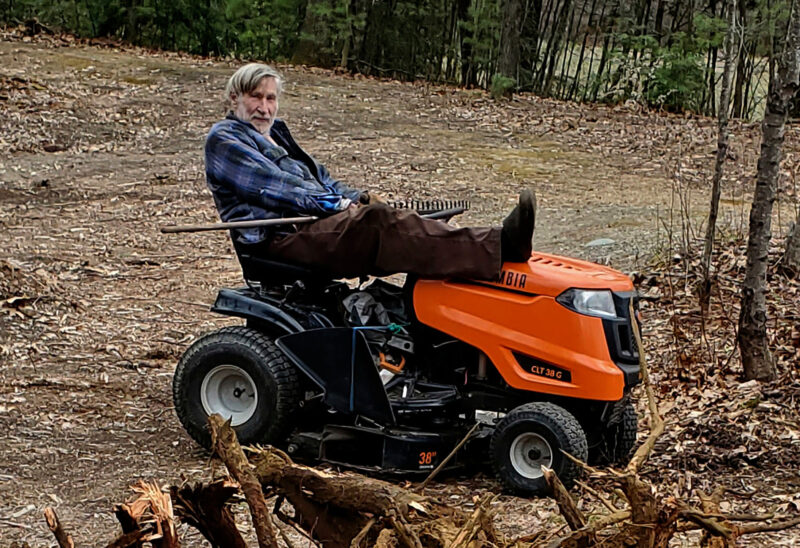
![Charitable Foundation President Dick Ober [Photo by Cheryl Senter]](https://www.nhcf.org/wp-content/uploads/2023/12/dick-ober-purpose-fall-winter-2023-800x548.jpg)
